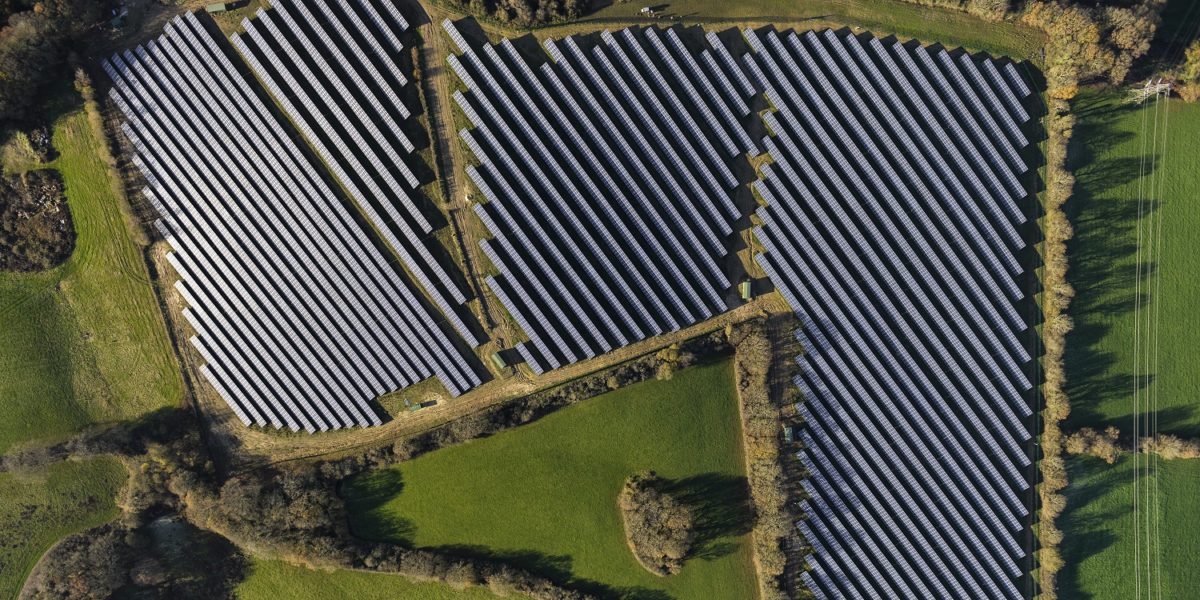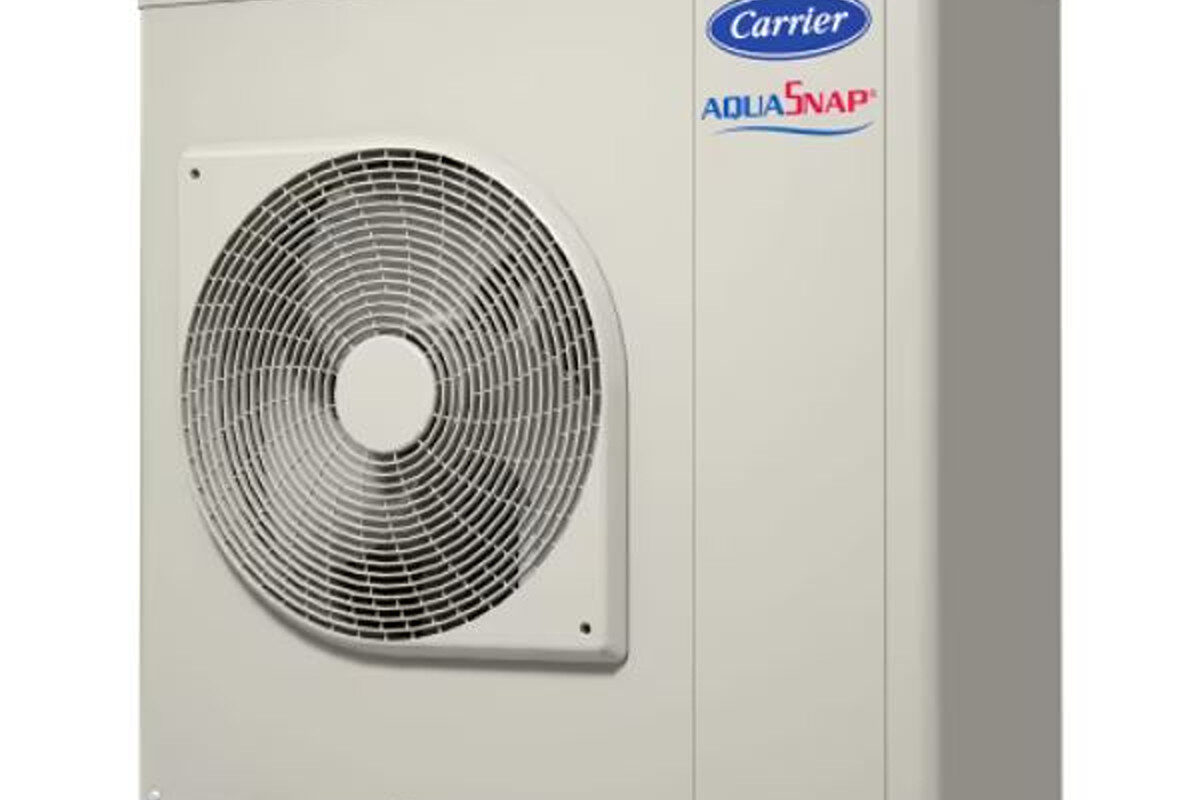Irish grid operator authority, Eirgrid Group, said on Friday that it had approved applications totaling 252 MW of large-scale solar farms, 842 MW of small-scale solar systems, and 351 MW of storage capacity under its ECP-1 capacity application process.
The policy, introduced at the start of 2018, was designed to create a new system for issuing connection offers for new generation and storage capacity.
Reportedly, applications under the DS3 component comprised 351 MW of battery storage capacity and 20 MW of hybrid plants. The DS3 requirement accepts applications that can provide Fast Frequency Response (FFR) and/or Primary Operating Reserve (POR), in line with grid code standards and transmission system operators' list of proven technologies. The volume of approved projects under this requirement nearly exhausted the pre-set limit of 400 MW.
Non-DS3 applications predominantly comprised solar and wind generation capacity, with 252 MW and 294 MW, respectively. Biomass and most forms of gas-fired generation, meanwhile, stayed in the single-digit MW margin. Only Combined-Cycle Gas Turbines (CCGT) exceeded this, with approved applications totaling 33 MW.
The combined volume of applications approved under the ECP-1 ruleset equals around 1 GW of new low-carbon generation capacity, with solar and wind comprising the lion's share.
Meanwhile, the overall volume of filed applications totaled 5,309 MW. The Commission for Regulations of Utilities, reviewing the applications, favored ‘shovel-ready’ projects with valid planning permission and those that can provide FFR and POR.
According to the grid authority, there are an additional 842 MW of solar PV under the non-Group Processing Approach (non-GPA) fold-in applications. Since 2009, Ireland’s grid operators have been overwhelmed with solar PV applications of this type.
Indeed, according to Ireland's electricity regulator report, since its inception, 36,000 MW of non-GPA small-scale solar applications have been submitted. The regulator iteself intends to raise a maximum of 7,000 MW of generation capacity.
To better cope with this tremendous backlog, Ireland introduced the ECP-1 ruleset, which takes in previous applications from the non-GPA application rounds. The next application round is scheduled to be held in early 2020.
The development comes after Ireland introduced its renewable energy subsidy scheme (RESS) and also launched a scheme for PV microgeneration. RESS was introduced to comply with EU guidelines that favor competitive auctions for generation allocations. The projects that have now been approved will compete in the first round of auctions to be held in 2019.
This content is protected by copyright and may not be reused. If you want to cooperate with us and would like to reuse some of our content, please contact: editors@pv-magazine.com.




By submitting this form you agree to pv magazine using your data for the purposes of publishing your comment.
Your personal data will only be disclosed or otherwise transmitted to third parties for the purposes of spam filtering or if this is necessary for technical maintenance of the website. Any other transfer to third parties will not take place unless this is justified on the basis of applicable data protection regulations or if pv magazine is legally obliged to do so.
You may revoke this consent at any time with effect for the future, in which case your personal data will be deleted immediately. Otherwise, your data will be deleted if pv magazine has processed your request or the purpose of data storage is fulfilled.
Further information on data privacy can be found in our Data Protection Policy.